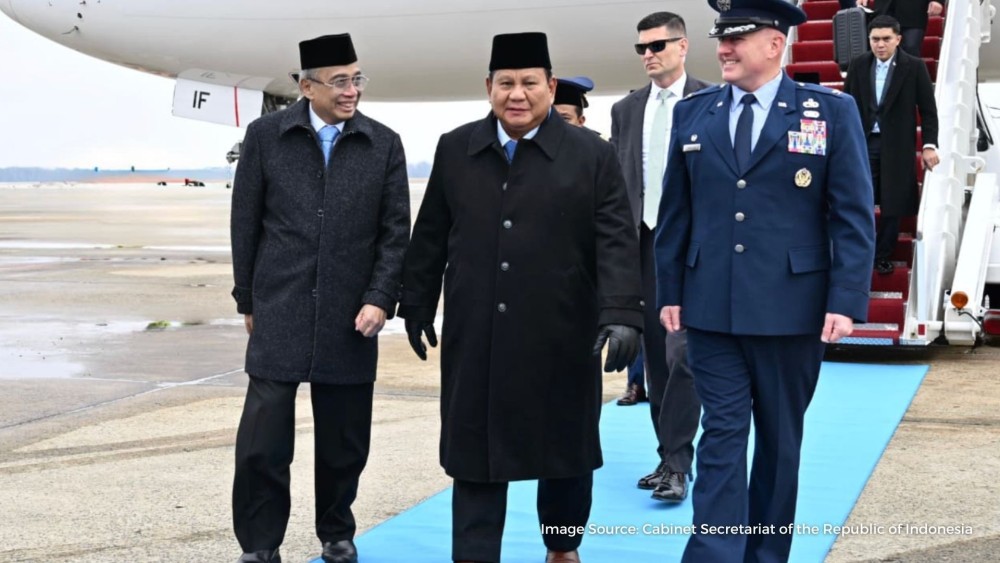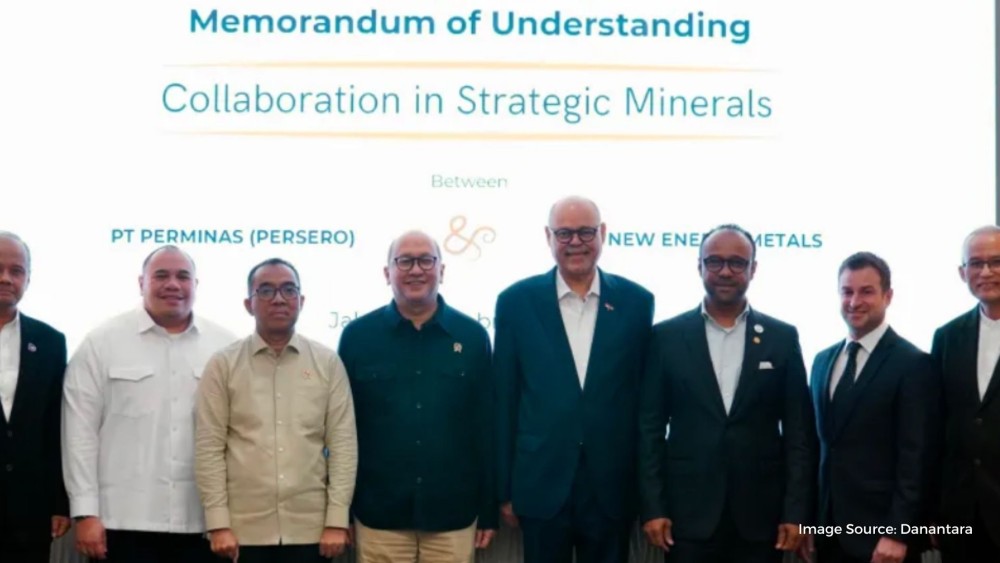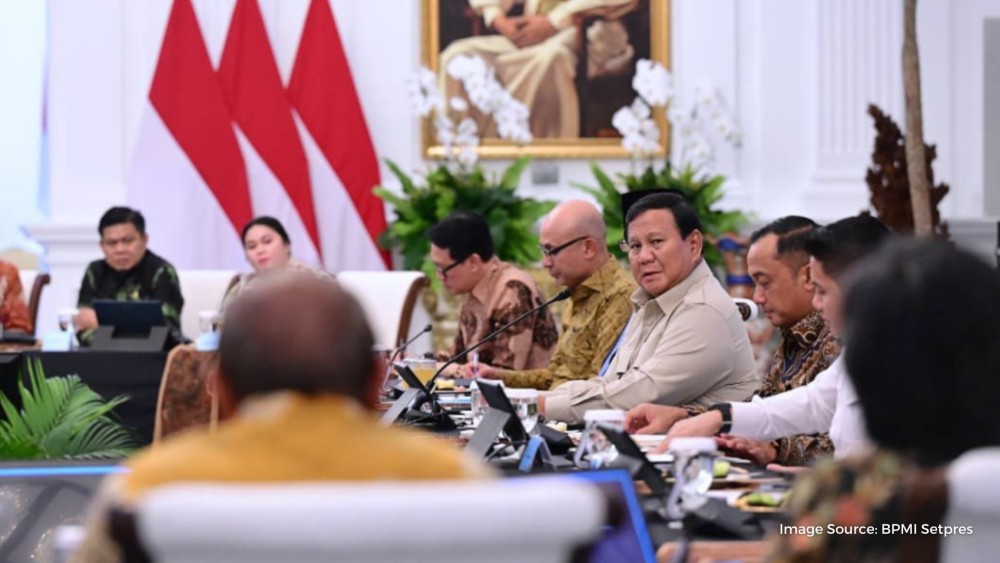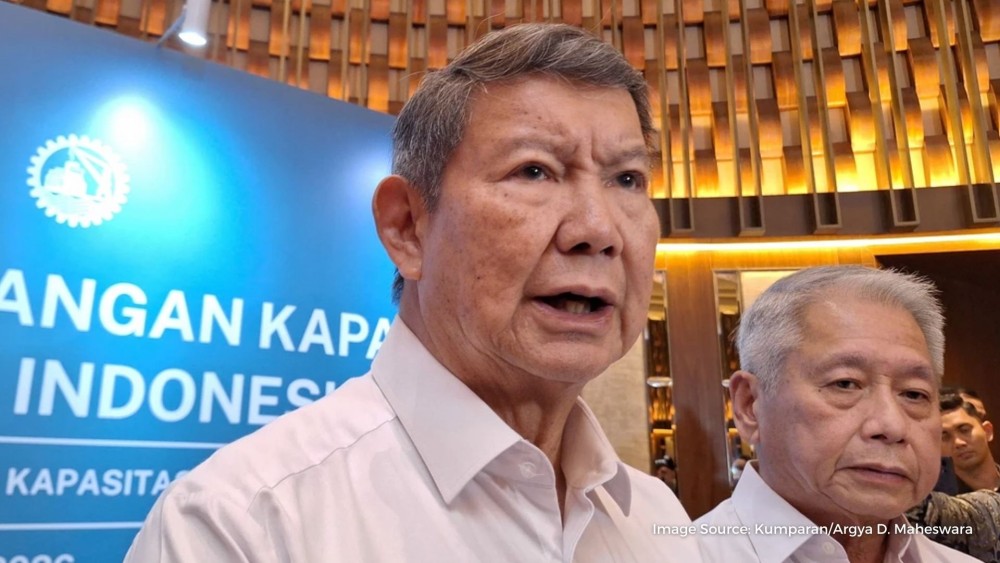ASEAN Balances US and China Trade Moves as New Deals Signal Regional Realignment
29 Oct 2025

The 47th ASEAN Summit in Malaysia this week highlighted the region’s growing weight in global trade as the United States and China unveiled major economic initiatives aimed at strengthening ties with Southeast Asia.
During the summit, the United States signed a series of trade and critical minerals agreements with four Southeast Asian nations — Malaysia, Thailand, Cambodia, and Vietnam — aimed at addressing trade imbalances and diversifying supply chains.
As reported by Reuters, on October 26, under the new agreements, Washington will maintain a 19 percent tariff rate on exports from Malaysia, Thailand, and Cambodia, but will reduce the levy to zero for selected products, according to joint statements released by the White House. The deals also include commitments in digital trade, services, and investment, as well as pledges to protect labor rights and strengthen environmental protections.
Malaysia’s Minister of International Trade and Industry, Tengku Zafrul Aziz, said his country secured tariff exemptions for aerospace equipment, pharmaceuticals, and key commodities such as palm oil, cocoa, and rubber. He added that Malaysia also agreed to refrain from banning or imposing quotas on exports of critical minerals and rare earth elements to the U.S. The commitment came amid China’s tightening export controls on rare earth refining technology, which has prompted global manufacturers to seek alternative supply sources.
At the same time, Thailand announced it would eliminate tariff barriers on roughly 99 percent of goods and relax foreign ownership restrictions in its telecommunications sector. The country also committed to purchasing 80 U.S. aircraft worth USD 18.8 billion and additional energy supplies, including liquefied natural gas and crude oil, valued at around USD 5.4 billion annually. Thailand further agreed to buy U.S. agricultural products such as feed corn and soybean meal worth an estimated USD 2.6 billion per year.
China, meanwhile, advanced its own economic agenda at the same summit, unveiling the upgraded ASEAN-China Free Trade Area 3.0 (ACFTA 3.0). The revised agreement expands cooperation to cover green and digital economies, consumer protection, and small-business inclusivity.
Chinese Premier Li Qiang, representing President Xi Jinping, urged ASEAN members to remain united amid what he called “economic bullying,” a veiled reference to U.S. trade measures.
According to Jakarta Globe (28/10), trade between ASEAN and China reached 5.57 trillion yuan (around USD 785 billion) in the first three quarters of 2025, marking a 9.6 percent increase year-on-year. Indonesia’s bilateral trade with China totaled USD 97.2 billion from January to August 2025, with a trade deficit of approximately USD 13.1 billion.
While Indonesia did not participate in the trade deals, Coordinating Minister for Economic Affairs Airlangga Hartarto reiterated Jakarta’s commitment to regional collaboration through the ASEAN Indo-Pacific Forum (AIPF) 2025, held concurrently with the summit. Speaking at the event, Hartarto emphasized the Indo-Pacific’s vital role as the epicenter of global growth, contributing nearly two-thirds of global GDP and half of world trade volume.
“To maintain this momentum, Indo-Pacific countries must foster inclusive growth and ensure equal opportunities for all,” Hartarto said in an official statement, calling for stronger cooperation in connectivity and competitiveness aligned with the ASEAN Outlook on the Indo-Pacific (AOIP). The AIPF focused on projects such as the ASEAN Common Carbon Framework, the ASEAN Power Grid, and cross-border payment systems, all aimed at deepening regional integration, as reported by Antara on Tuesday, October 28.
Hosting the summit, Malaysia sought to reinforce ASEAN’s role as a neutral platform in an increasingly fragmented global landscape. Malaysian Foreign Minister Mohammad Hasan stressed that the South China Sea “must not be used as leverage for strategic competition,” while Prime Minister Anwar Ibrahim hailed ACFTA 3.0 as a “spectacular feat” that reaffirmed ASEAN’s unity.






